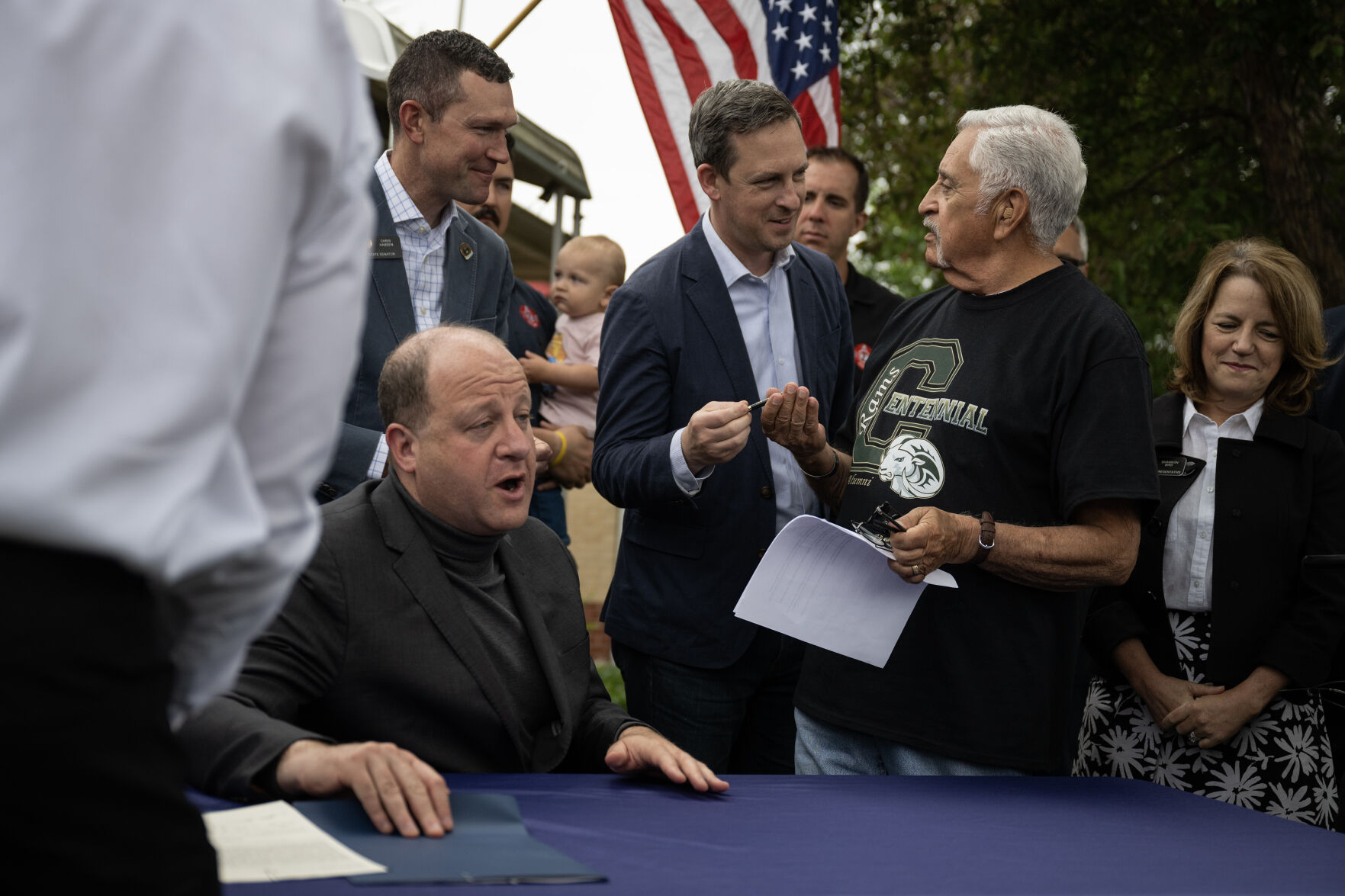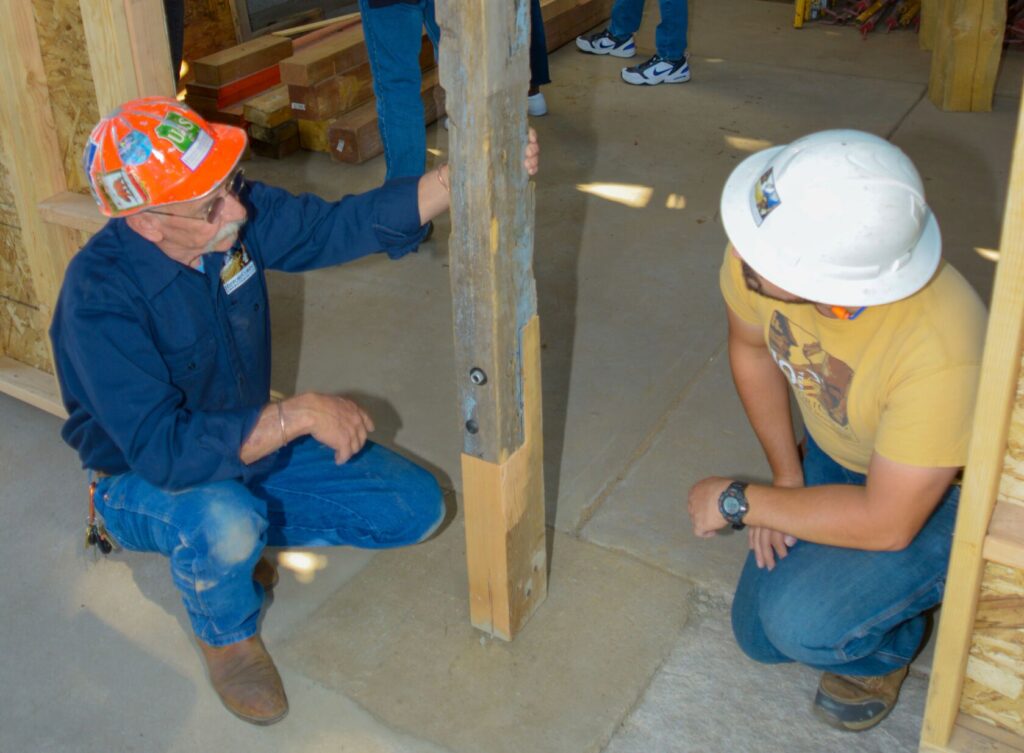Record number of Coloradans protest soaring property tax valuations

Tens of thousands of Coloradans are protesting soaring property valuations that threaten to take out a lot more from people’s pockets than in previous tax years.
The sharp rise in protests also means a significant increase in the workload for county assessors and their staffers and, later, for county commissioners and district courts that ultimately have the final say on how much tax liability each property owner faces.
In Arapahoe County, the commissioners extended the deadline to send “notices of determination” – the assessor’s initial response to the tax protests – to Aug. 15, instead of June 30. The county saw a nearly 600% increase in protests this year compared to 2021, the last time property values were appraised for taxing purposes.
Unlike some states, Colorado does not cap the property valuation in determining tax liability, which means a 40% increase in market valuation translates to roughly the same amount in tax valuation increase, with some adjustments for mill levy hikes or decreases made by local jurisdictions and an assessment ratio decrease adopted by the state.
The soaring valuations were expected, following the red-hot market of 2021 and early 2022. Consequently, valuation for a median residential house rose by 33% in the City and County of Denver, 42% in Arapahoe County and 47% in Douglas County. Indeed, all nine metro area counties showed double-digit increases hovering near the 40% mark.
Denver and Boulder showed the sharpest rise in valuations for apartments at 45% and 44%, respectively.
Reappraisal of property values occur every two years, and next year’s property tax liability would reflect increases in market value by June 2022. This means the new numbers tax collectors will use next year will register the sizable runup in values, reflecting the appreciation through the market’s peak in spring 2022 but little or none of any drop-off in values as the market cooled later in the year.
Anders Nelson, the spokesperson for Arapahoe County, said the protests typically come from residents who do not believe their property is worth what the valuation was determined to be.
“Normally, the resident feels the value is too high and wants to get it lowered so taxes are lower,” Anders said, who noted there are several opportunities for residents to appeal the valuations.
Brenda Dones, the assessor for Weld County and president of the Colorado Assessors’ Association, explained the conundrum property owners find themselves in, particularly if they had hoped that the more recent, calmer market would help them avoid paying a bigger tax liability.
Dones noted that the window to make the initial appeals already closed, and property owners are now waiting for the determinations from the assessors’ offices.
“When they receive the decision, I encourage them to try to understand why the property value was adjusted or denied,” Dones said.
For tax years 2023 and 2024, the valuation date is June 30, 2022.
“Many sales occurred during those two years, and assessors are required to adjust those sale prices for economic changes in the market up until June 30, 2022. In most markets, properties that sold in 2021 were selling for more in June 2022. So, sales prices had to be adjusted to capture that appreciation,” she said.
“We are already 12 months past the valuation date and current sale prices might be lower than the value set as of June 30, 2022. However, assessors are barred from considering those sales until the next revaluation in 2025,” she said. “If, at that time, sales prices are lower then property values will be adjusted to reflect those economics.”
Dones said that, if property owners considered these points and they still believe the valuation is wrong, they can file another appeal with the County Board of Equalization.
She said they will have a higher chance of succeeding if they provide economic information, ideally sales, that occurred in the two to three months prior to June 30, 2022. Those sales, the assessor said, would be close to the valuation date and so most of the appreciation would already be captured in the sale price.
The sales could then be adjusted for differences in characteristics to estimate the value, she said, adding, “This is just like an appraisal to get a mortgage.”
Dones added: “Property owners should also know that the property value is only one piece of the property tax formula. Property owners can also talk with their legislators about the assessment rates and their local tax districts (city, county, fire, etc.) about whether mill levies should be adjusted prior to the taxes being calculated.”
Democrats in the General Assembly sought to offer tax relief by taking a portion of the Taxpayer’s Bill of Rights surplus, which pays for TABOR refunds, and divert it for at least 10 years to homeowners and commercial property. They also equalized the Taxpayer’s Bill of Rights refunds at $661 per person or $1,322 for joint filers, a one-time change from the current system that bases the TABOR refund on income levels.
Voters will have the opportunity to reject or approve the proposal in November. Already, battle lines are forming and both sides have begun to pitch narratives that will likely play out during the campaign.
Mark Samuelson contributed to this report.















